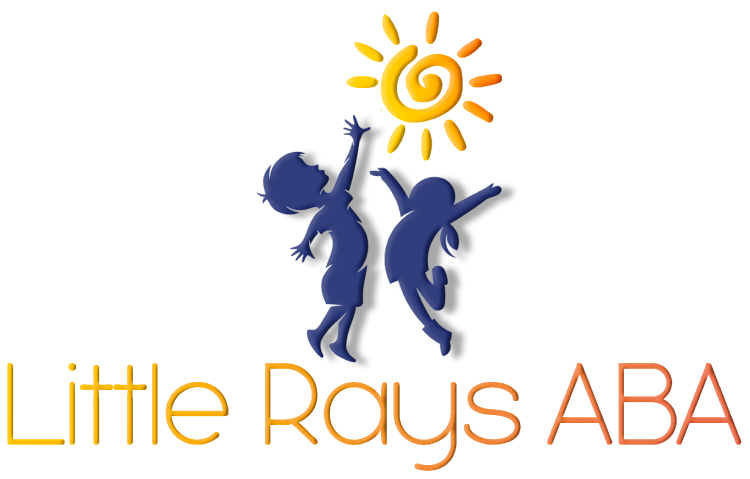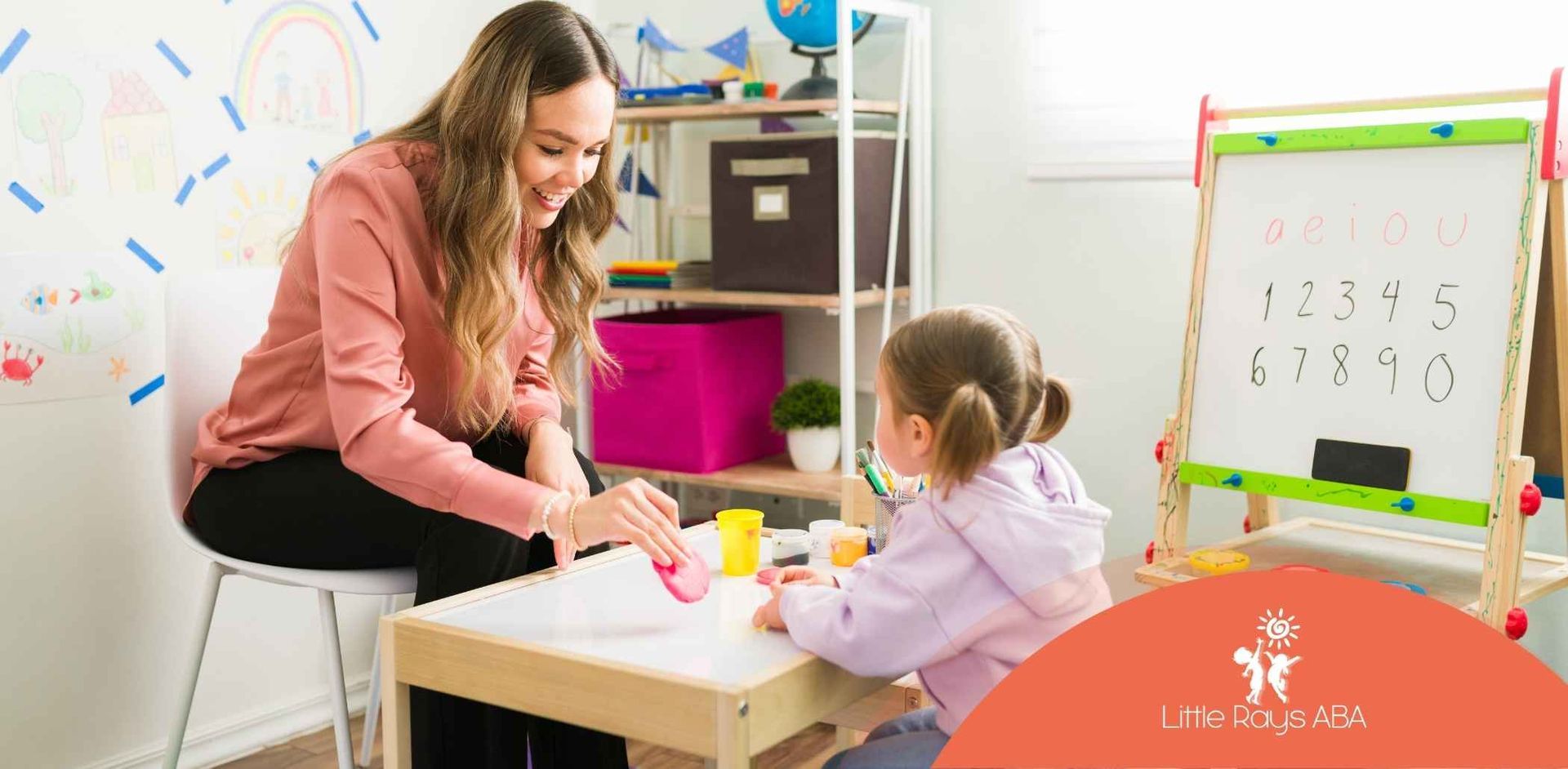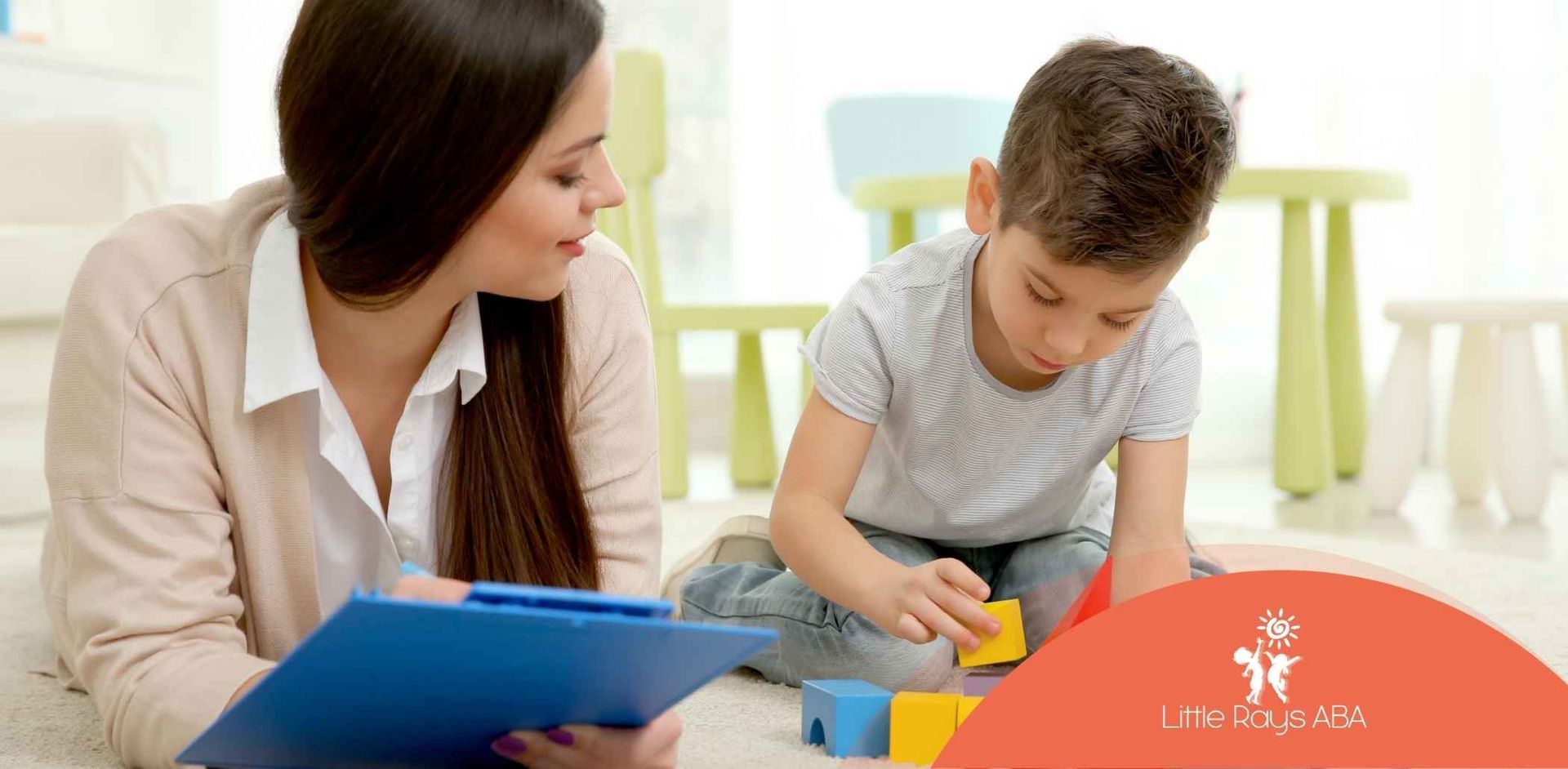
The Role of ABA Therapy for Autism: Identifying Which Levels Need It the Most
If you're wondering what level of autism requires ABA therapy, the answer really depends on the individual’s needs. ABA therapy is beneficial for people with autism at all levels of the spectrum, but it tends to be most effective for those who face more significant challenges.
Individuals with moderate to severe autism, especially those struggling with communication, social interactions, or challenging behaviors, are likely to benefit the most from ABA therapy.
Research shows that early and intensive intervention with ABA can make a huge difference. In fact, 80% of children with autism experience improvement in social and communication skills when they participate in a well-structured ABA program (source: Autism Speaks).
ABA can help break down complex tasks into smaller steps, allowing individuals to learn at their own pace and making it easier to handle everyday activities.
How do I know if ABA is right for my child?
If your child has moderate to severe autism, especially if they have difficulty communicating or exhibit challenging behaviors, ABA therapy can be incredibly effective.
ABA provides tailored interventions that address specific areas of difficulty.
Children with these higher needs often see the most dramatic improvements. For children with milder autism, ABA can still offer support, especially when it comes to enhancing social skills and reducing problem behaviors.
Little Rays ABA offers in-home ABA therapy, school-based ABA therapy, and even in-camp ABA therapy. We also provide parent training, ensuring families can effectively apply strategies at home.
Serving families across Florida, Little Rays ABA is committed to delivering personalized, compassionate care.
FAQs
Does ABA therapy work for all levels of autism?
Yes, ABA therapy can help individuals across the autism spectrum. The intensity of therapy may vary based on the severity of the child’s needs.
How quickly will I see results with ABA therapy?
Many children show progress within a few months, particularly when they start therapy early and consistently.
Is ABA therapy helpful for non-verbal children?
Yes! ABA is especially effective for non-verbal children, helping them develop essential communication and social skills.
Related Posts





